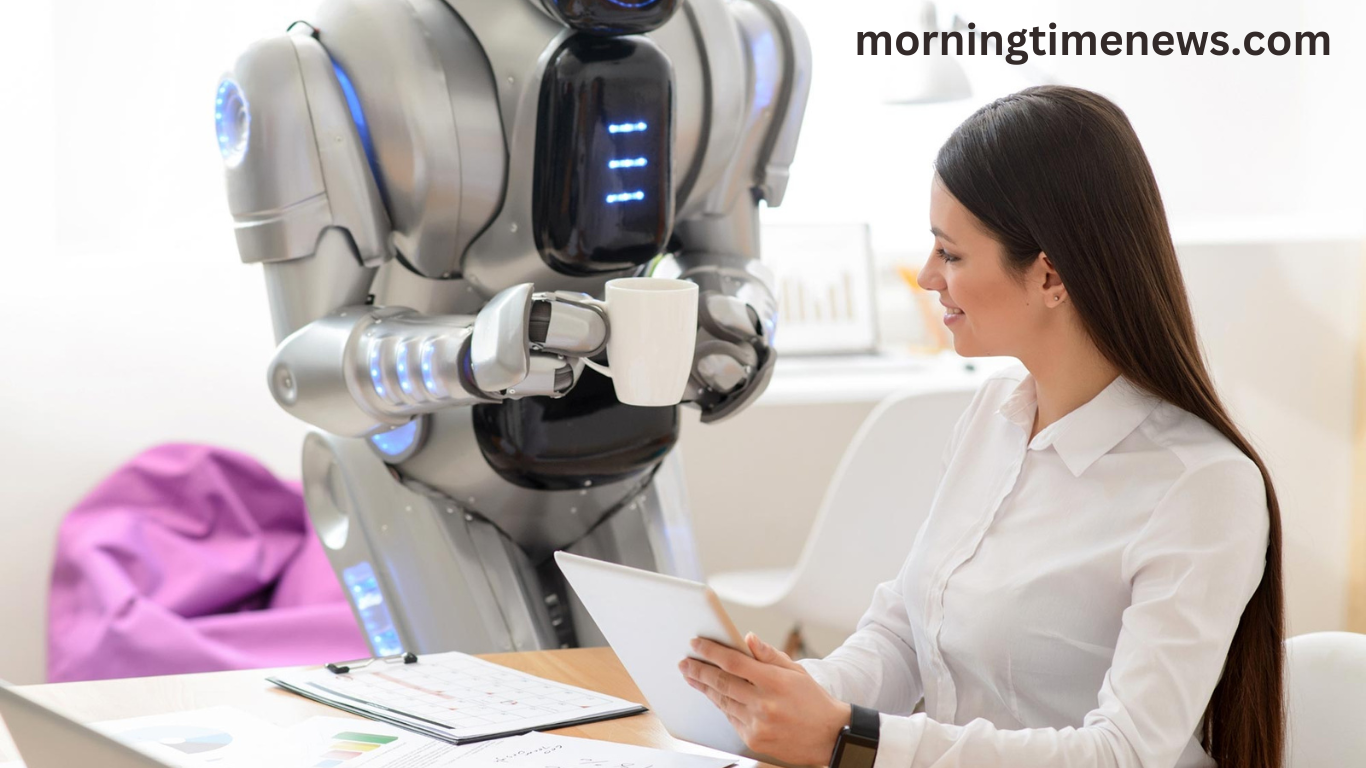Technology is transforming everyday experiences, and coffee-making is no exception. A new generation of AI-powered coffee robots is redefining how coffee is brewed, offering a blend of automation, precision, and adaptability. Unlike traditional machines, these robots learn and improve with each interaction, delivering a personalized coffee experience.
AI Enhances Coffee Brewing
AI-driven coffee robots use machine learning algorithms to analyze brewing variables such as water temperature, grind size, and extraction time. By continuously gathering data, the robot refines its process, ensuring optimal flavor and consistency based on user preferences.
Real-Time Adaptability for Perfect Coffee
One of the standout features of this coffee robot is its ability to adjust brewing parameters in real time. If the coffee is too strong or weak, the system tweaks the grind size or extraction time for the next cup. This adaptability mimics the expertise of a professional barista, enhancing the coffee experience.
Read More : GTC Was Optimistic, But Nvidia Faces Growing Challenges
Learning from User Preferences
The robot uses adaptive learning to remember individual taste preferences. Whether a user prefers a bold espresso or a smooth cappuccino, the system customizes each brew accordingly. Over time, it fine-tunes recipes based on feedback, making every cup tailored to the drinker’s liking.
Automation Meets Efficiency
Beyond quality, AI coffee robots offer efficiency and convenience. In commercial settings, they can prepare multiple orders simultaneously, reducing wait times and ensuring consistency. In homes and offices, they provide a seamless, hands-free brewing experience with minimal human intervention.
The Future of AI-Powered Coffee Making
As AI and robotics continue to evolve, smart coffee machines will become even more intuitive and efficient. Future advancements may include voice-activated controls, predictive analytics, and integration with smart home systems, making coffee brewing an effortless, fully automated experience.
Frequently Asked Questions
How does a smart coffee robot learn and adapt?
It uses machine learning algorithms to analyze brewing variables, user preferences, and feedback, refining its process to deliver a consistently improved coffee experience.
Can the robot adjust coffee strength and flavor?
Yes, it can modify brewing parameters like grind size, water temperature, and extraction time to match individual taste preferences.
Does the robot remember user preferences?
Absolutely. It stores user data and refines recipes over time, ensuring each cup is tailored to personal preferences.
Is this coffee robot suitable for commercial use?
Yes, it is designed to handle high-volume demand, making it ideal for cafés, offices, and other commercial spaces where consistency and speed matter.
Can it make different types of coffee?
Yes, it can brew a variety of coffee drinks, including espresso, cappuccino, latte, and more, based on programmed recipes and real-time adjustments.
How does it compare to a human barista?
While it lacks human creativity, it replicates barista-level precision with real-time adaptability, ensuring quality and consistency with every cup.
Does the robot require human intervention?
Minimal intervention is needed. Users only need to load ingredients and provide feedback, while the robot automates the brewing process.
What’s the future of AI in coffee-making?
Future advancements may include voice control, predictive analytics, and deeper smart home integration, making coffee brewing even more intuitive and personalized.
Conclusion
Smart coffee robots are revolutionizing the way coffee is brewed by integrating AI, machine learning, and real-time adaptability. These advanced systems ensure precision, efficiency, and personalization, making them ideal for both home and commercial use. As technology continues to evolve, future innovations will enhance automation, user experience, and seamless integration with smart home ecosystems. AI-powered coffee making is set to redefine convenience and quality in the coffee industry.

